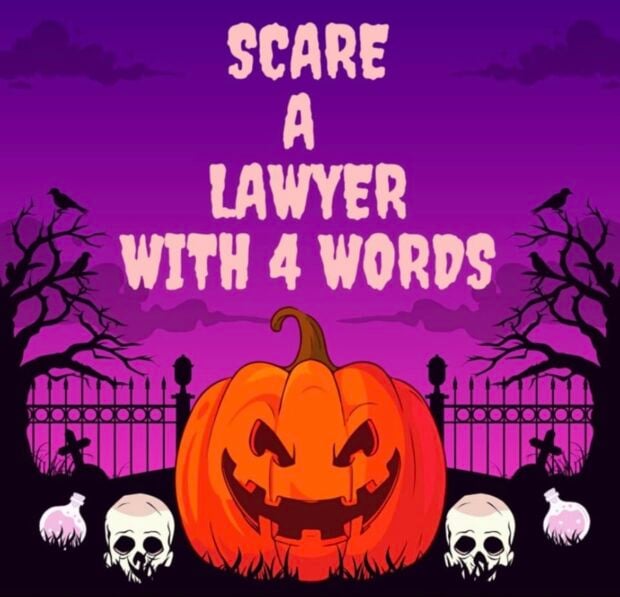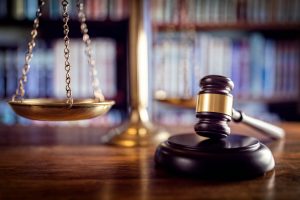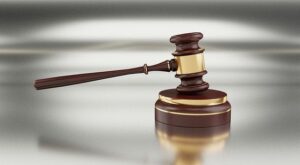Applicants
to
law
school
have
various
reasons
for
pursuing
a
legal
education.
Some
are
genuinely
interested
in
the
law
and
believe
they
would
enjoy
a
career
in
the
legal
profession.
Such
individuals
should
be
encouraged
to
attend
law
school,
as
they
might
find
fulfillment
in
a
legal
career.
However,
many
people
attend
law
school
simply
because
they
are
unsure
of
what
to
do
after
graduating
from
college
or
are
seeking
a
career
that
offers
decent
pay
and
some
level
of
prestige.
These
individuals
may
be
better
suited
for
careers
in
finance
or
other
industries,
allowing
them
to
achieve
their
desired
lifestyle
without
the
challenges
associated
with
a
legal
education.
Many
people
are
attracted
to
law
school
by
the
prospect
of
a
high
salary.
Indeed,
the
employment
statistics
from
various
law
schools
can
create
an
inflated
perception
of
how
easily
someone
can
secure
a
top
salary
at
a
prestigious
firm.
In
reality,
only
a
small
minority
of
those
in
the
legal
profession
secure
positions
in
Biglaw,
and
an
even
smaller
percentage
of
Biglaw
attorneys
become
partners
who
earn
substantial
incomes.
In
fact,
the
vast
majority
of
lawyers
earn
a
low
six-figure
salary,
or
potentially
even
less.
While
this
respectable
income
can
provide
a
good
quality
of
life,
many
other
careers
offer
similar
or
higher
compensation.
Additionally,
law
school
typically
lasts
three
years,
during
which
most
students
accumulate
hundreds
of
thousands
of
dollars
in
debt.
If
individuals
pursue
careers
in
finance
or
other
lucrative
fields,
they
may
begin
earning
money
sooner
and
incur
less
student
debt
from
graduate
school.
I
know
numerous
finance
professionals
who
are
very
successful.
For
instance,
one
individual
I
know
in
finance
earns
an
income
comparable
to
mine
but
did
not
attend
graduate
school
and
only
borrowed
money
for
college.
The
burden
of
student
loans
was
significant
for
me,
both
financially
and
psychologically,
and
I
envied
this
individual
for
avoiding
that
experience
while
still
earning
the
same
income
as
I
did.
I
also
know
finance
professionals
who
earn
astonishing
amounts
of
money.
I
would
bet
that
only
the
top
partners
at
the
most
prestigious
law
firms
can
match
the
salaries
of
friends
and
acquaintances
in
finance
who
earn
seven-
and
eight-figure
annual
incomes.
If
law
school
applicants
are
motivated
by
the
best-case-scenario
Biglaw
salaries,
they
should
definitely
consider
careers
in
finance,
where
salaries
can
be
significantly
higher.
Historically,
people
pursued
certain
industry
careers
based
on
their
promise
of
a
good
lifestyle.
For
example,
some
commentators
have
discussed
a
“golden
age”
of
dentistry
in
the
past,
during
which
people
were
drawn
to
dental
school
with
promises
of
a
comfortable
life
and
easy
access
to
money.
Similarly,
individuals
once
flocked
to
pharmacy
schools
in
large
numbers
in
search
of
high
salaries.
If
there
was
ever
a
“golden
age”
of
the
legal
profession,
it
was
likely
before
the
2008
financial
crisis.
At
that
time,
Biglaw
firms
had
large
summer
classes,
and
associates
at
these
firms
were
offered
high
salaries
that
remained
unchanged
for
years.
A
significant
percentage
of
law
school
graduates
during
that
period
were
able
to
secure
coveted
Biglaw
positions,
giving
them
a
decent
chance
to
pay
off
their
student
debt
and
lead
comfortable
lives.
However,
that
“golden
age”
is
now
over.
Law
students
should
not
consider
attending
law
school
merely
because
a
law
degree
can
lead
to
a
stable
income.
Based
on
my
own
experiences,
pursuing
a
career
in
finance
appears
to
be
a
more
straightforward
path
to
a
good
living,
especially
since
some
positions
in
finance
do
not
even
require
a
graduate
degree.
Of
course,
many
people
may
not
possess
the
skills
needed
to
succeed
in
finance;
my
own
challenges
with
math
likely
influenced
my
decision
to
attend
law
school!
However,
if
law
school
applicants
have
the
skills
to
succeed
in
multiple
fields,
they
should
seriously
consider
finance
or
other
alternatives
to
legal
education.
 Jordan
Jordan
Rothman
is
a
partner
of
The
Rothman
Law
Firm,
a
full-service
New
York
and
New
Jersey
law
firm.
He
is
also
the
founder
of
Student
Debt
Diaries,
a
website
discussing
how
he
paid
off
his
student
loans.
You
can
reach
Jordan
through
email
at
[email protected].






 Kathryn
Kathryn



 Sejal Patel is
Sejal Patel is
 Chris
Chris



